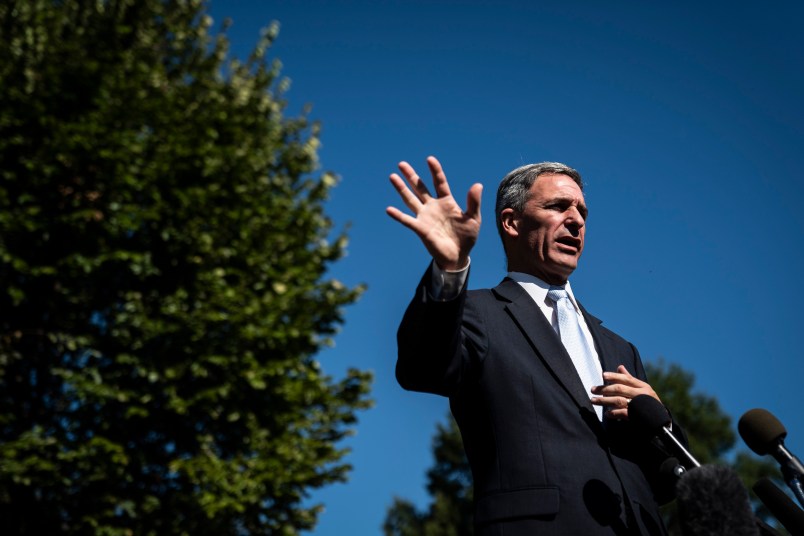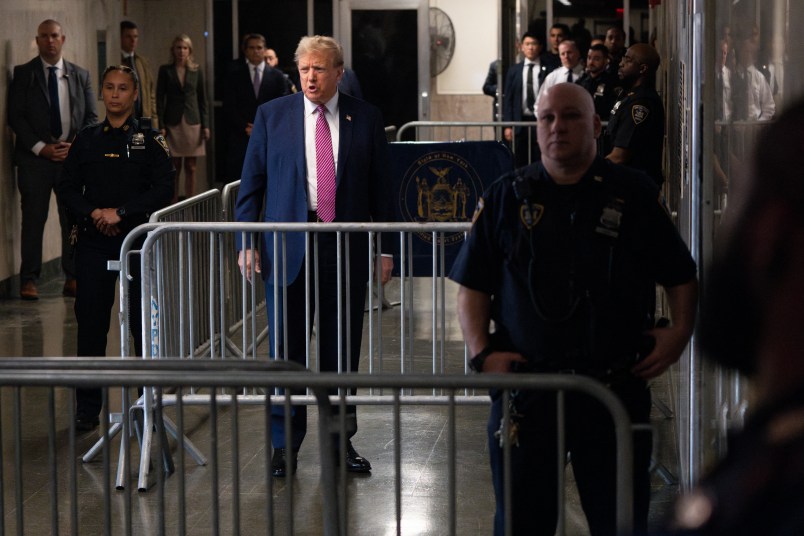A federal judge has blocked the Trump administration rule change that aimed to prohibit immigrants who could use government resources from receiving green cards.
The new so-called “public charge” rule change, championed by Acting Citizenship and Immigration Services Director Ken Cuccinelli, was set to take effect on Tuesday.
The judge who issued an injunction against the rule Friday wrote that it was “repugnant to the American Dream of the opportunity for prosperity and success through hard work and upward mobility.”
Several non-profits sued Cuccinelli’s office in September, shortly after the rule change was rolled out publicly. New York (and New York City), Connecticut and Vermont also filed for an injunction.
Though laws already on the books allow the use of certain public services to affect one’s immigration status, the Trump administration rule change made the definition of a “public charge” even stricter.
Specifically, the new rule would affect anyone likely to receive a public benefit for 12 months within a 36-month period, including things like housing assistance or food stamps. Under the new rule, authorities could take factors such as family size and credit score into account when determining whether someone is “likely” to become a public charge.
U.S. District Judge George Daniels took issue with that definition in his order Friday.
“This new definition essentially changes the public charge assessment into a benefits issue, rather than an inquiry about self-subsistence, such that any individual who is deemed likely to accept a benefit is considered a public charge,” he wrote.
“Receipt of a benefit, however, does not necessarily indicate that the individual is unable to support herself.”
He added later: “There is no logic to this framework.”
Courthouse news reported Monday that oral arguments in the case lasted more than four hours, with Daniels saying at one point of the rule, “This isn’t what’s been applied for 150 years.”
And, writing Friday, Daniels emphasized that the government was “afforded numerous opportunities” to articulate a rationale for why it defined “public charge” the way it did.
“Defendants failed each and every time,” he wrote. Noting that the government counted English proficiency in its calculation of the likelihood of becoming a public charge, Daniels wrote that “It is simply offensive to content that English proficiency is a valid predictor of self-sufficiency.”
The new rule, he said, “is simply a new agency policy in search of a justification.”










